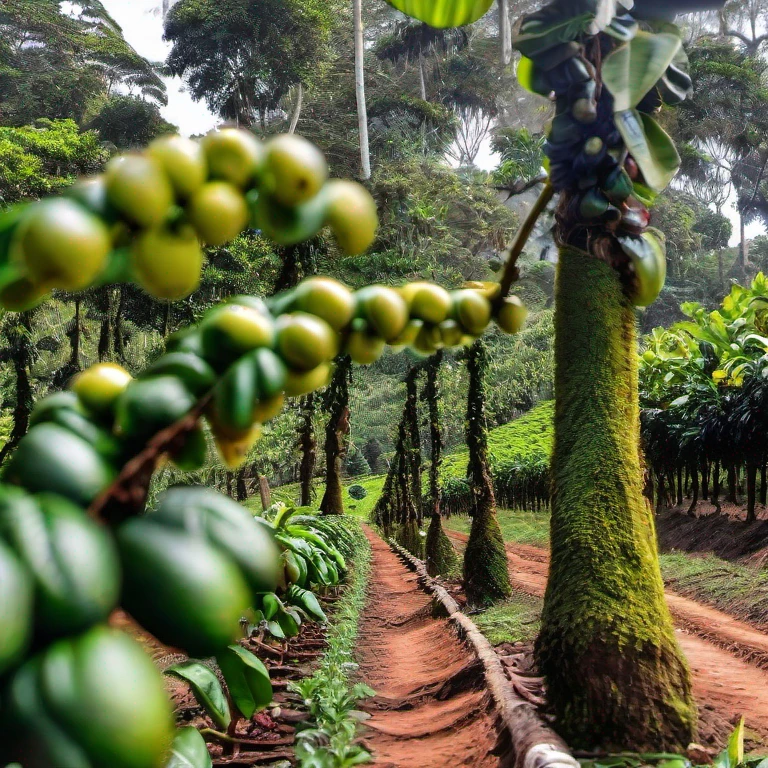In the heart of a bustling Jerusalem marketplace, a scene unfolds that seems to transcend time itself. Amidst the aroma of exotic spices and the melodious chatter of merchants, a group of individuals huddles around the glowing embers of a small fire. Their eyes gleam with anticipation as they pass around a mysterious vessel, whispering in hushed tones. Little do they know that they are a part of history, partaking in a tradition that dates back thousands of years. This, my friends, is a vivid snapshot of the remarkable timeline of coffee, a beverage that can trace its existence all the way back to the time of Jesus.
To fully comprehend the journey of coffee, one must delve into the annals of ancient history. It was in the highlands of Ethiopia, circa 850 BC, that the story begins. Here, a goat herder named Kaldi witnessed an enchanting scene; his goats, after nibbling on a certain shrub, were filled with a newfound energy. Intrigued, Kaldi brought the berries of this shrub to a nearby monastery, where monks brewed them into a rejuvenating elixir. Instantly, the seeds of coffee’s ubiquity were sown.
As the tantalizing aroma of brewing coffee traveled across borders, the beverage quickly gained popularity among religious and social communities. The monastery gardens of Yemen became the birthplace of coffee cultivation, and its trees thrived in the region’s fertile soils. By the 15th century, trade routes had spread far and wide, bringing this stimulating elixir to the shores of the Red Sea, and eventually to the sophisticated corners of Europe.
Coffeehouses emerged as epicenters of intellectual and cultural exchange, rendering them the precursors of modern-day cafes. These hubs of discussion and debate birthed revolutionary ideas, shaping the Renaissance and Enlightenment periods. Subsequently, coffee plants were transplanted to the colonies, leading to the rise of plantations in the Americas. Coffee became a staple crop, enabling economic growth and influencing the social fabric of nations.
Fast forward to the present day, and coffee has become an integral part of our daily lives, a morning ritual for millions of people around the globe. However, it is crucial to acknowledge the various subtopics that shape coffee’s timeline and continued relevance today. The art of coffee cultivation, the science of roasting, the intricacies of brewing methods, and the countless flavors and aromas that emerge from this humble bean – these aspects all contribute to the rich tapestry of coffee’s existence.
Moreover, coffee has transcended its role as a mere beverage and transformed into a cultural phenomenon. The rise of specialty coffee, with its focus on ethically sourced beans and artisanal brewing techniques, has sparked a renaissance within the industry. Coffee aficionados now eagerly travel the world in search of the finest beans, immersing themselves in the diverse flavors and stories behind each cup.
In conclusion, the captivating timeline of coffee bears testament to its enduring allure. From the hills of Ethiopia to the bustling cafes of modern cities, coffee has woven itself into the very fabric of human existence. Tracing its existence all the way back to the time of Jesus only deepens our appreciation for this remarkable beverage – a drink that has not only fueled our bodies but also stimulated our minds and connected us across continents and through the ages. So, as you savor that next cup of coffee, take a moment to grasp the immense and vibrant history that lies within its depths.
